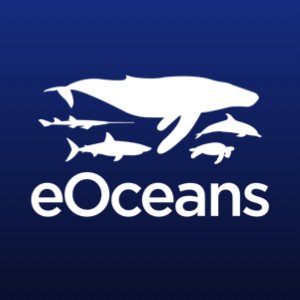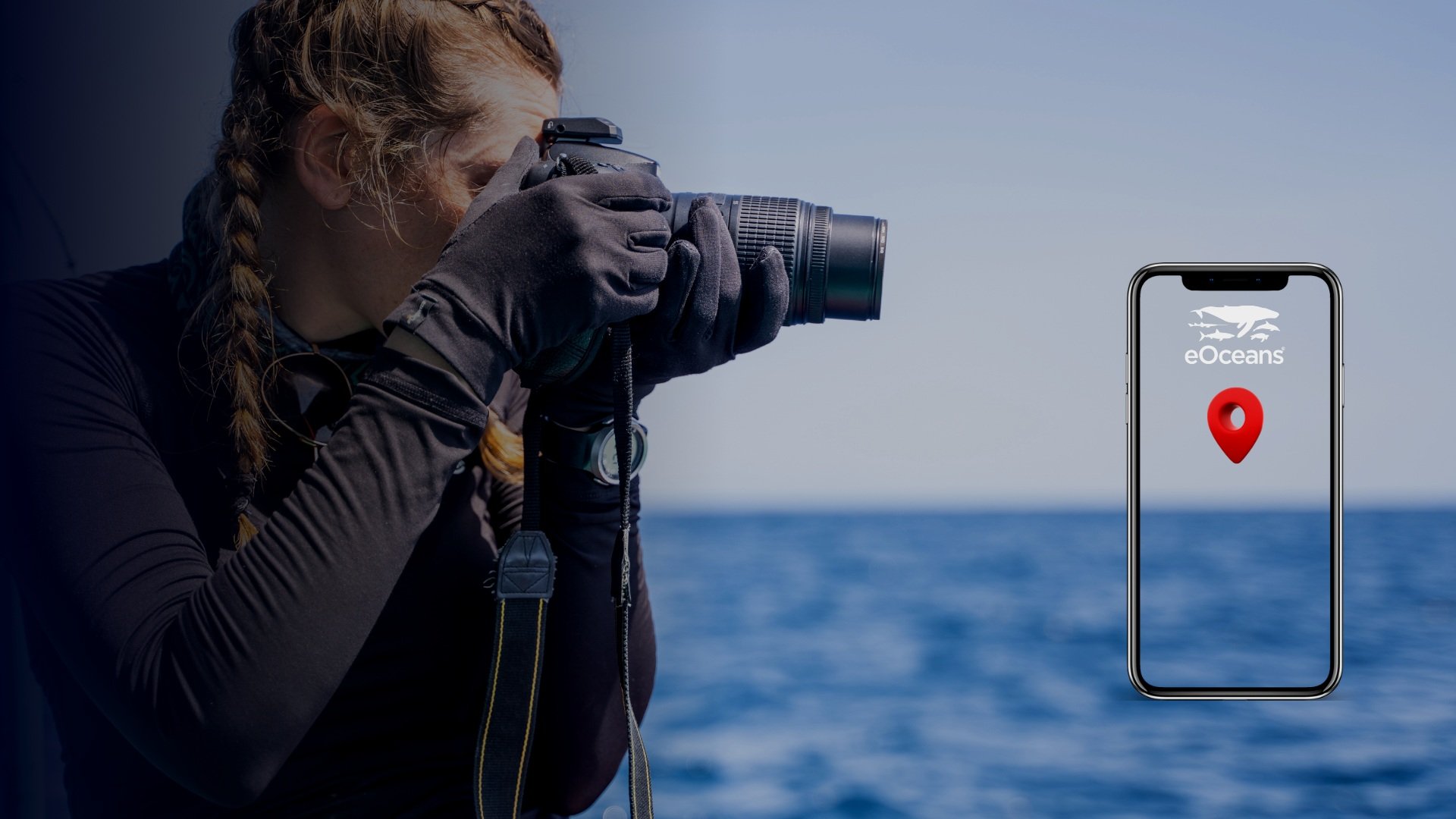Is data standardisation really needed?
Yes — and no.
Standardisation, or the lack of it, comes in many forms.
The importance of standardised datasets cannot be overstated.
Let’s start with format. Even the most common, simple variables — like date — have caused tremendous problems.
We’ve seen countless datasets, even within the same project and team, recorded with inconsistent formats:
Day-month-year
Year-month-day
Month-day-year
Each one might seem harmless, but these variations can cost teams dozens — if not hundreds — of hours (and lot of money!) to verify and correct, especially when you have to go back to original paper sources.
This happens more often than you’d think — even with the best teams.
That’s why eOceans facilitates standardised formats for all variables throughout the data journey, within and across projects, organisations, borders.
It's not about control — it’s about clarity, interoperability, trust, and ability to scale.
What about standardising data collection?
Here, the answer is also yes — and no.
Standardised effort is essential for some scientific questions, but not all. And in reality, most data sources — especially outside the lab — fall somewhere in between.
That’s where eOceans comes in.
We built our platform to support both standardised and opportunistic data collection.
If you're a scientist running a controlled field experiment with required BACI (before-after control-impact) monitoring, where standardised methodologies may be absolutely necessary, you can design your project with strict protocols.
On the other hand, if you're a diver, sailor, fisher, or tourist logging opportunistic observations as they happen, your data might be less structured—and that’s okay too.
Think of Google Maps or Waze: they collect data opportunistically from millions of users and still provide remarkably accurate, real-time traffic updates. The power lies not just in the volume of data, but in how it’s contextualised and used.
What matters most is how transparently the data context is captured—and how fit-for-purpose the resulting insights are.
Emergent standardisation in action
In our early pilot projects — like eShark, eShark Thailand, eManta, the Great Fiji Shark Count, and others — we worked with recreational dive operators to gather and process opportunistic observations.
Were these methods fully standardised? No.
But were they consistent enough for ecological insights? Absolutely.
Most dive sites were visited regularly — some daily or weekly.
Dives lasted around 58 minutes.
Divers followed similar patterns: descend to the bottom, then slowly rise along a set route.
This routine created a kind of emergent standardisation — just enough structure to extract powerful insights, while still being practical and engaging for participants.
Other Examples
Ferry routes are highly repeatable — same path, same duration, every day.
Fishers, on the other hand, are more variable — moving with conditions and targets.
Fortunately, statistical tools have advanced. At eOceans, we apply modern techniques to account for these variations in effort across space and time. Combined with transparent metadata and fit-for-purpose study designs, we help make every observation count — regardless of the method used.
Scaling Collaboration with eOceans: Methods catalogue
If you want to scale your work — say, to partner with someone working on a different species in the same watershed, or a similar issue in a nearby bay, or across boundaries for policy evaluation — you need to speak the same data language.
That’s why we’re building more than just data entry tools.
At eOceans, we're developing a methods catalogue to help teams:
Declare, document, and share methods;
Find collaborators using similar or complementary protocols;
Get clean, complete datasets that can be merged, compared, and scaled up;
Go from observation to insight in a fraction of the time.
Ready to Stop Wrestling with Incompatible Data?
We’re currently looking for first customers to help shape these new tools.
If your team is logging lots of activities — or in a position to — and you want your data in a clean, complete, and interoperable format (for analysis, archives, collaboration, or reporting), reach out now.
You’ll get early access, expert support, and help us build the tools that make your work more impactful — and a lot less tedious.

